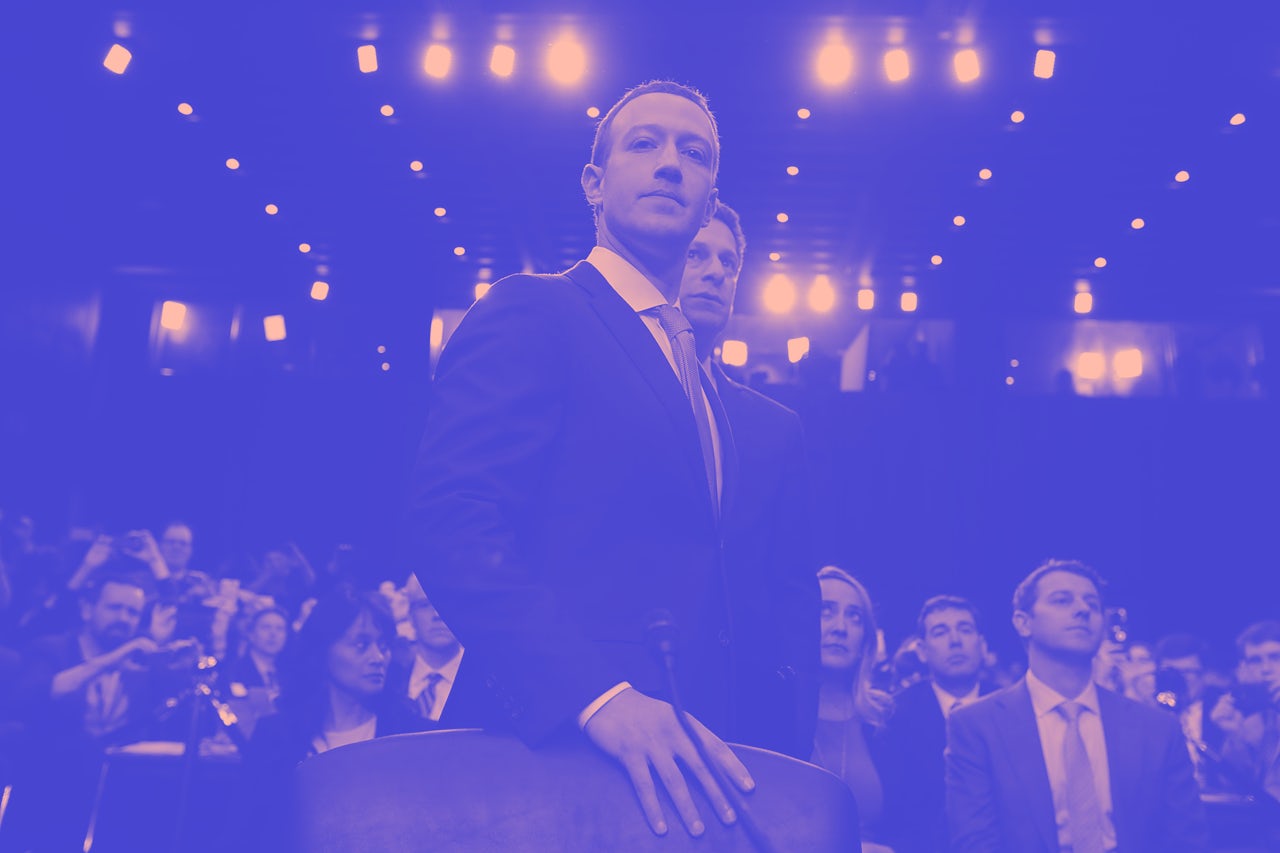After four hours of questioning, it was California Senator Kamala Harris’s turn to question Mark Zuckerberg. She immediately honed in on whether Facebook users are considered a priority in the company. Specifically, she asked about internal Facebook conversations in 2015, back when the company first learned that Cambridge Analytica had violated its terms of service to access user information. Why didn’t Facebook choose to notify users who had been affected?, she asked. “I wasn’t in a lot of meetings on the subject,” Zuckerberg said.
When Harris pressed further and asked whether there was a meeting in general, Zuckerberg couldn’t speak to it. He only spoke of the “conversation in company at the time,” and the ultimate outcome, which was to ban Cambridge Analytica from the platform.
Facebook's decision not inform users, as Zuckerberg tells it, may have happened only through neglect. Zuckerberg admitted moments later that Facebook leaders did have a meeting about the matter, but couldn’t speak to when the meeting was, who was in it, or exactly how this decision was made. He claimed he didn’t know.
The exchange could support the notion that Zuckerberg doesn’t stay involved in the decisions he purports to care the most about — ones involving users and the community — within the company that he founded and runs. The exchange may be a more accurate reflection of Zuckerberg’s priorities in a time of crisis: dealing with developers and the business side. The platform is built to collect and distribute user information useful to advertisers as efficiently as possible—a model which expressly concerns business over the safety and experience of Facebook users.
Zuckerberg’s rhetoric during questioning was steadfast in continuing to characterize Facebook as a platform for the people. After all, did you know he started the company in his dorm room? It wants to bring people closer together and foster a sense of “community.” But Facebook only began the comprehensive “audit” of Cambridge Analytica two weeks ago, as reports came out from The New York Times and the Guardian. Only this week have users begun to find out whether their information was used by the data analytics firm.
Multiple people have postulated that Zuck was in fact not the most qualified person to speak before Congress, or speak on live TV about Cambridge Analytica—a sentiment that Zuckerberg would definitely like people to believe. As Congress and Zuckerberg discuss taking steps to potentially regulate Facebook users’ right to privacy and ownership of their own data, Zuckerberg has stated again and again that he plans to cooperate and that he is not opposed to “smart” regulation. But at the end of the day, Zuckerberg’s response to Senator Harris reinforces the idea that within Facebook, users simply aren’t a priority over the company’s own practices of damage control.
